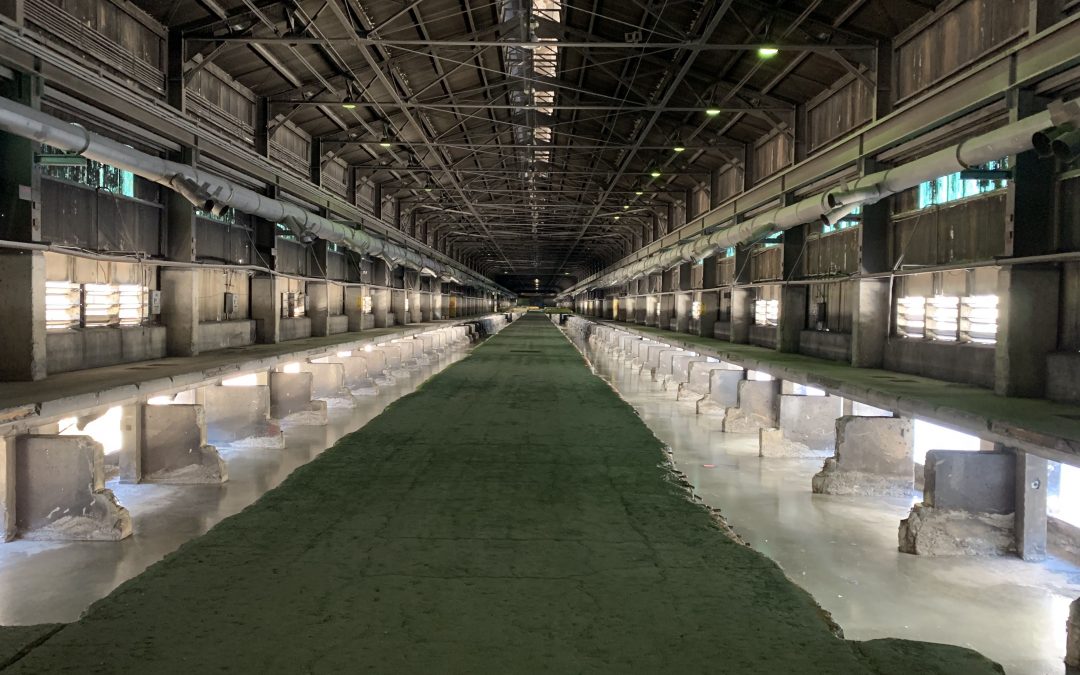In philosophy, some of the best results come when intuitions clash with logical chains of reasoning. You might call those counterintuitive. The result we discuss today certainly fits the bill. Put simply, there’s a compelling case to be made that policymakers looking to ameliorate the emissions associated with bitcoin should subsidize, rather than ban, the act of mining bitcoin. How is this possible?
CoinDesk columnist Nic Carter is partner at Castle Island Ventures, a public blockchain-focused venture fund based in Cambridge, Mass. He is also the co-founder of Coin Metrics, a blockchain analytics startup.
Well, a new paper from philosophers Andrew Bailey and Troy Cross lays out this argument. In steps:
- Bitcoin mining is a single global market; that is, miners compete with every other miner. One miner gaining market share means another is losing share.
- It follows that a new unit of hashrate (computing power) economically disadvantages every existing unit of hashrate.
- Individuals who want to reduce the carbon intensity of bitcoin mining ought therefore to simply mine bitcoin sustainably, at a loss if necessary.
- If you assume miners are economically rational and some miners are unsustainable, a new unit of sustainable or “green” hashrate definitionally reduces the carbon intensity of the Bitcoin network.
- In lieu of directly mining, interested bitcoin holders looking to offset their emissions could simply invest in a renewables-only, publicly traded miner, like Iris Energy.
- By lowering the cost of capital for a sustainable public miner, holders advantage green-powered mining at the expense of default mining, offsetting the emissions associated with their bitcoin held.
A Pigouvian tax discourages transactions that create negative emissions. A tax on sugar (obesity-related illnesses consume finite health-care resources), tobacco (causing negative primary health outcomes plus risks from second hand smoke) or CO2 (climate change) would be examples. In this instance, mining sustainably is a de facto Pigouvian tax because it disadvantages all other miners, who presumably mine with nonzero emissions.
This is an incredible feature of Bitcoin, which exists only because it is a single market, in which every miner competes for the same exact finite resource (new units of bitcoin). Thus, a new unit of hashrate no longer empowers existing miners, economically,speaking. If enough sustainable units come online, especially if they are subsidized (and so the equilibrium for hashrate is higher than it otherwise would be, at normal breakevens), some regular miners with a generic energy mix will no longer be profitable and will shutter their operations. Few other industries are this directly open and competitive.
Thus, you can imagine financial products for those concerned about their bitcoin-related emissions that bundle a unit of bitcoin and a proportional share of a sustainable miner. These are far superior to bundled bitcoin plus offset products, because offsets are non-standardized and their effect is generally unclear and in fact quite controversial. In the case of an investment in a public miner that is provably sustainable, your investment lowers the cost of capital (some of these mining firms actually fund their operations entirely by issuing new stock), directly advantaging the miner relative to its dirtier competitors. The second-order effect of this market emerging is that certain miners will orient their operations towards full sustainability to cater to this new demographic of motivated buyers.
Read More: Ethereum’s Design Choices Are Inherently Political | Nic Carter
This logic applies at the policy level, too. The state of New York has recently considered banning bitcoin mining, but they state should be considering the precise opposite if it cares about bitcoin’s emissions. Upstate New York offers abundant hydro resources. I’ve personally visited the Coinmint mining operation in Massena, N.Y., which is an old hydro-powered Alcoa aluminum smelting facility perched on the banks of the St. Lawrence River. It would take some work to fully determine this, but I believe that bitcoin mining operations in New York are more sustainable than the generic energy mix of the rest of the Bitcoin network. Thus, banning mining there would actually drive up Bitcoin’s emissions footprint. Instead, the state should consider subsidizing its largely clean local bitcoin mining operations.
A few forward-looking policymakers have already begun to act according to this logic. Just recently, the state of Wyoming created a tax incentive supporting mining with otherwise-flared natural gas. Since methane associated with oil well operations is flared anyway (it’s often uneconomical to capture or store), putting it into a generator and powering a bitcoin operation is at worst net neutral from a greenhouse gas perspective. (In practice, it’s generally favorable because a controlled burn in a generator is cleaner than a simple flare.) If miners take Wyoming up on its offer, a new portion of hashrate will emerge that is fully carbon neutral, displacing dirtier energy. The converse is also true.
And this idea has already been implemented at the national level, by none other than El Salvador President Nayib Bukele. In response to a question by human rights activist Alex Gladstein in a historic Twitter Spaces chat, President Bukele mused about mining bitcoin with otherwise-untapped – and carbon-neutral – geothermal energy. The president kept his promise and, as of this week, mining operations have begun. By subsidizing mining with fully sustainable geothermal energy, El Salvador is disempowering every other non-sustainable miner out there. So El Salvador can claim two firsts: the first nation to ratify bitcoin as legal tender, and the first nation to impose a market-based Pigouvian tax on dirty bitcoin miners.














